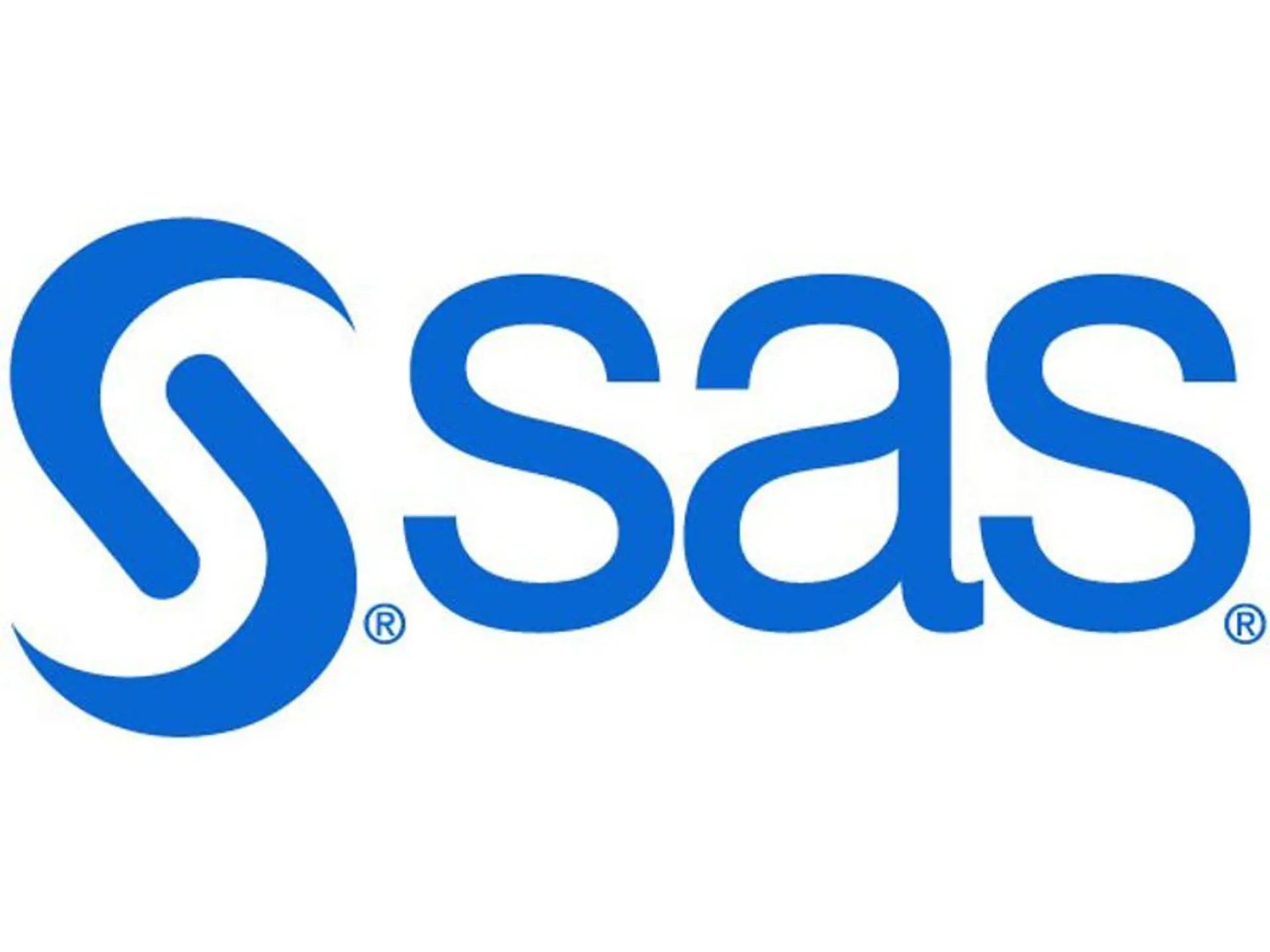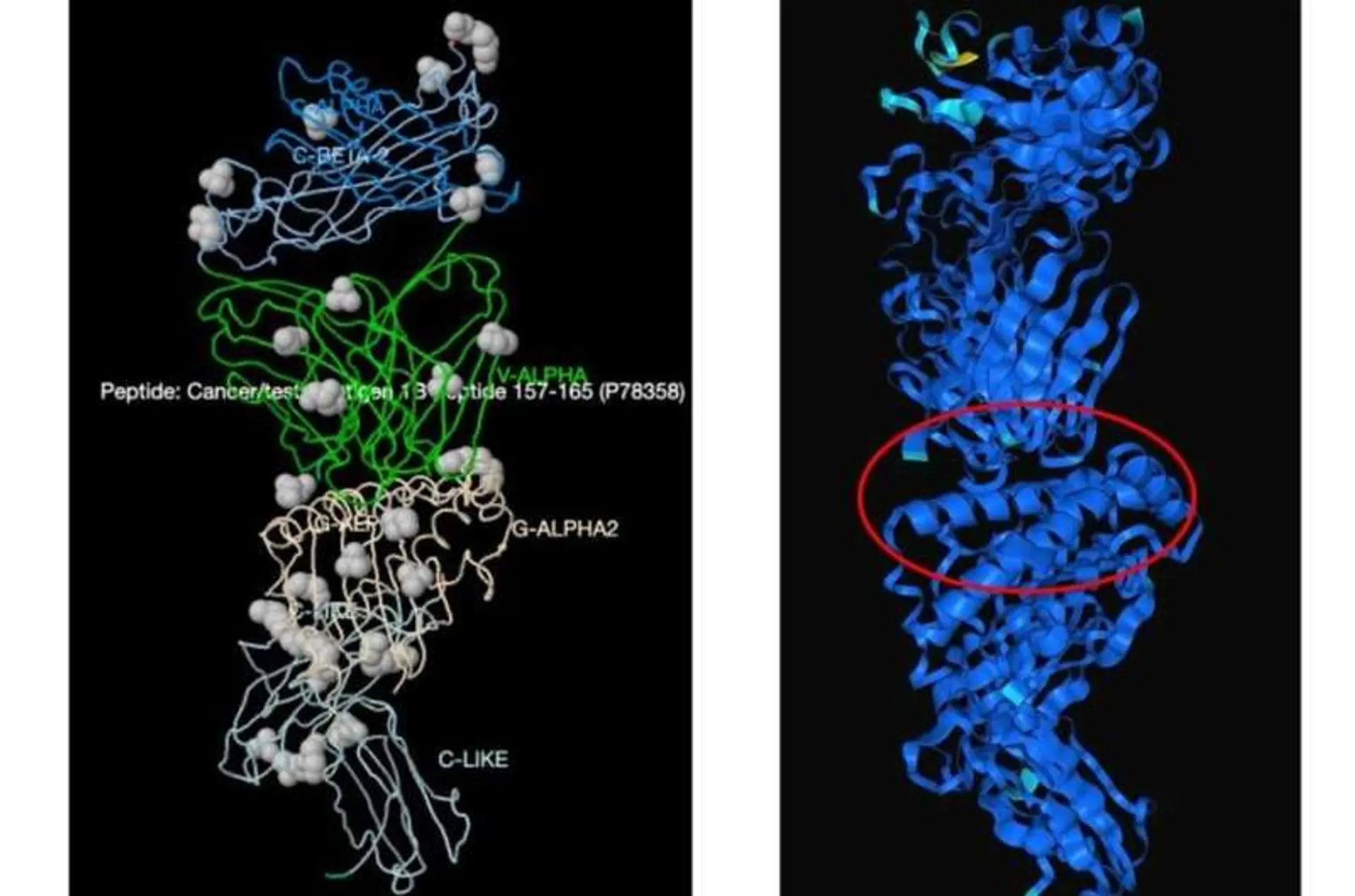Researchers are using artificial intelligence to predict how T cells recognise and respond to peptide antigens. The team is using the AI/ML model AlphaFold 3 (AF3), typically used for protein structure prediction, to model T cell receptor–peptide/major histocompatibility complex (TCR-pMHC) interactions.
The regulation of TCR-pMHC recognition is crucial for treating cancer, infections and autoimmune diseases. An accurate TCR-pMHC prediction model is expected to greatly benefit T-cell-mediated immunotherapy and aid drug design. The AI/ML-powered computation offers a faster and more accurate alternative to traditional experimental methods, facilitating antigen discovery and immune response modelling.
AlphaFold 3 is trained on a large database of protein sequences and structures. The model can distinguish valid epitopes from invalid ones with increasing accuracy. Immunogenic epitopes can be identified for vaccine development through in silico high-throughput processes. Higher-affinity and specific T cells can be designed to enhance therapy efficacy and safety.
Related Articles

AI Reshapes Software Engineering
Read more about AI Reshapes Software Engineering →
AI Data Quality Matters
Read more about AI Data Quality Matters →
AI Learns from Radiologists' Eyes
Read more about AI Learns from Radiologists' Eyes →
SAS Academy Launches in India
Read more about SAS Academy Launches in India →
